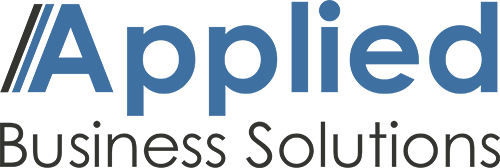Why outsource for payroll?
Handling payroll can be a very difficult task to run in-house. Considering the vital importance of employee pay and federal, state, and local tax compliance, many businesses seek outside help. It is too easy to make a drastic mistake without sound knowledge of the regulations and experience.
Does it save money to do payroll in-house?
It depends on the nature of the particular business. A business with a very straightforward pay and tax process, a good software system, and an experienced, in-house human resource staff may benefit from doing their own payroll. Most businesses will have to factor in the price of the proper software, time devoted towards the process, training, and the devotion of manpower. Many businesses decide to outsource payroll services because it is a better business decision to pay to have the process done for them instead of devoting their in-house resources towards the project.
What comes along with the payroll services package?
Basic services usually include calculating paychecks and tax dues for each employee, printing and delivering checks, and orchestrating management reports. A business can decide to issue checks on a weekly, bi-weekly, monthly, semi-monthly or yearly basis. Additional services include automatic check signatures, direct deposit, handling W-2s, organizing 401k funds, and tracking employee benefits.
What is the advantage of having payroll services handle taxes?
The IRS has reported that as many as one out of every three employers has transgressed a tax law in some form. Most providers will handle taxes at little or no cost (this is because the providers will take the tax money of employees at pay time and earn interest off of it until it is due to the government). Tax laws are very transient and intricate; so, it is wise to have experienced professionals operate funds.
What should I look for in a payroll service provider?
It will be wise to seek out a provider that has experience in your particular industry. Try to contact other businesses that have used their services. Make sure they can conduct their business in a timely fashion, accurately, and have an efficient means of communicating their data with your business and vice versa.
What will the costs be like?
The cost will depend on the depth of the provider’s services. There may be additional fees for tax filing, delivery, direct deposit, adding and dropping employees, adjusting information, etc. A small to medium sized businesses should plan to spend around $3 to $6 per paycheck. The more services and employees devoted to a service, the cheaper the rates become with most providers.
How is information shared with the provider?
Payroll data will have to be exchanged with the provider each pay period. Information can be relayed by fax, phone, Internet, or transferred electronically. A commonly used method is modem. The provider will give a business the software needed to transmit employee information.






